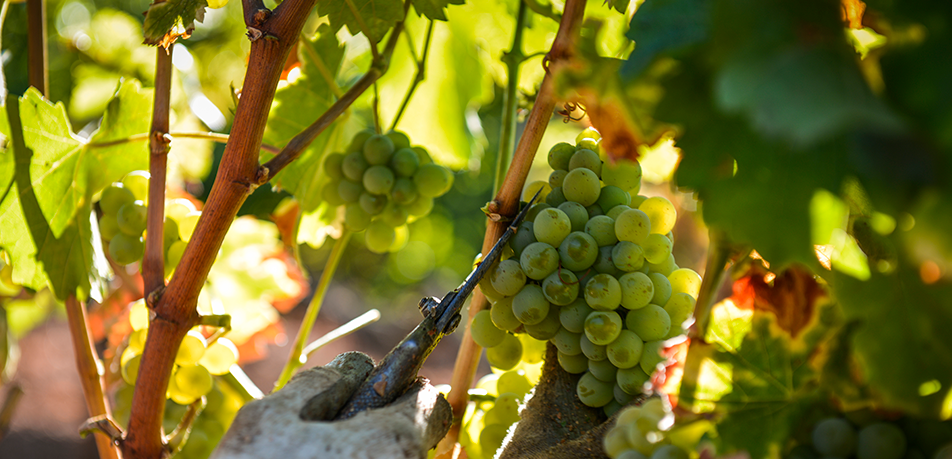In Love With Wine

Beyond inviting sensations and delighting our palate, wine and its culture also represent an inherent part of our evolution as a civilization. In one way or another, wine is connected to every aspect that makes up our society. Over time, it has taken on a multifaceted dimension, shaping everything from religious rites and the foundations of philosophy to commerce. Here are some reasons to love wine...
History: wine and human civilization evolved side by side
It is astonishing to realize that our Neolithic ancestors already knew how to make wine, as evidenced by the fossilized traces of grapevines (seeds, grape skins and others) found at various archaeological sites.
[[{"fid":"17521","view_mode":"default","fields":{"format":"default","alignment":"","field_file_image_alt_text[und][0][value]":false,"field_file_image_title_text[und][0][value]":false},"type":"media","field_deltas":{"1":{"format":"default","alignment":"","field_file_image_alt_text[und][0][value]":false,"field_file_image_title_text[und][0][value]":false}},"link_text":null,"attributes":{"height":588,"width":1092,"class":"media-element file-default","data-delta":"1"}}]]
Partial aerial view of the protohistoric archaeological site Font de la Canya (2009)
Lets not forget that the grapevine, along with the olive tree, is among the oldest crops known to humankind.
Therefore, the wine trade is essential to understanding activities such as accounting and advances in transportation, as well as representing a crucial economic force in several ancient civilizations.
Universality and diversity
The grapevine grows around the globe, making it one of the most universal crops.
Adapted to different climates and influenced by different cultures, the fermented fruit of the grapevine takes on many shapes and forms: Still, fortified, sparkling and dessert wines, as well as spirits. Whites, rosés and reds. Expressions of ardent youth or warm maturity.
In short, wine culture invites us into a world of possibilities and organoleptic nuances, stirring our adventurous spirit and thirst for discovery.
Marked by deep humanity
We have often turned to the grapevine as the perfect analogy for our development as human beings. Wine, however, is where we find a complete, almost allegorical metaphor.
In its youth, wine is ardent and bold, energetic and lacking experience, lively and full of nerve, the promise of maturity on the horizon.
As a wine ages and evolves, enveloped in silence and oak, it reveals its mature and balanced side. Fruit represents wine at its most cheerful, whereas aging aromas wrapped in spices and warmth are the product of experience and a certain contemplative enjoyment.
After reaching its peak, wine begins to decline. Inevitably, the wine's body and soul will determine whether it ages elegantly over a long period of time. It leaves a mark, a memory of its moment in our lives.
Wine forges social connections and inspires art
Beyond its purely emotional and gustatory dimension, wine has been a symbol of religious rites and communion since antiquity, central to the gatherings of scholars and philosophers (like the symposia in Ancient Greece).
Likewise, wine has been a source of inspiration and subject matter in all aspects of artistic and intellectual expression. Philosophers, poets, painters and writers have woven tannins and acidity into their work, leaving a trace of genius in their wake.
We would need pages and pages to list everything that wine represents in our daily lives: a constant challenge, work, passion, a historical legacy, stewardship and love of the land. The soul of wine encompasses everything a living thing could offer; the reasons to love it are countless.
